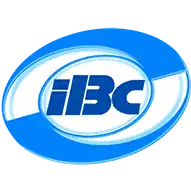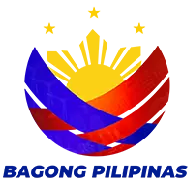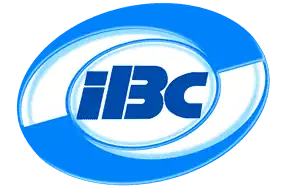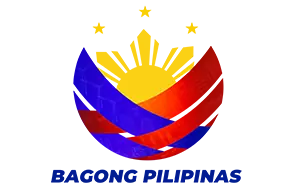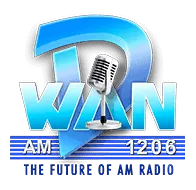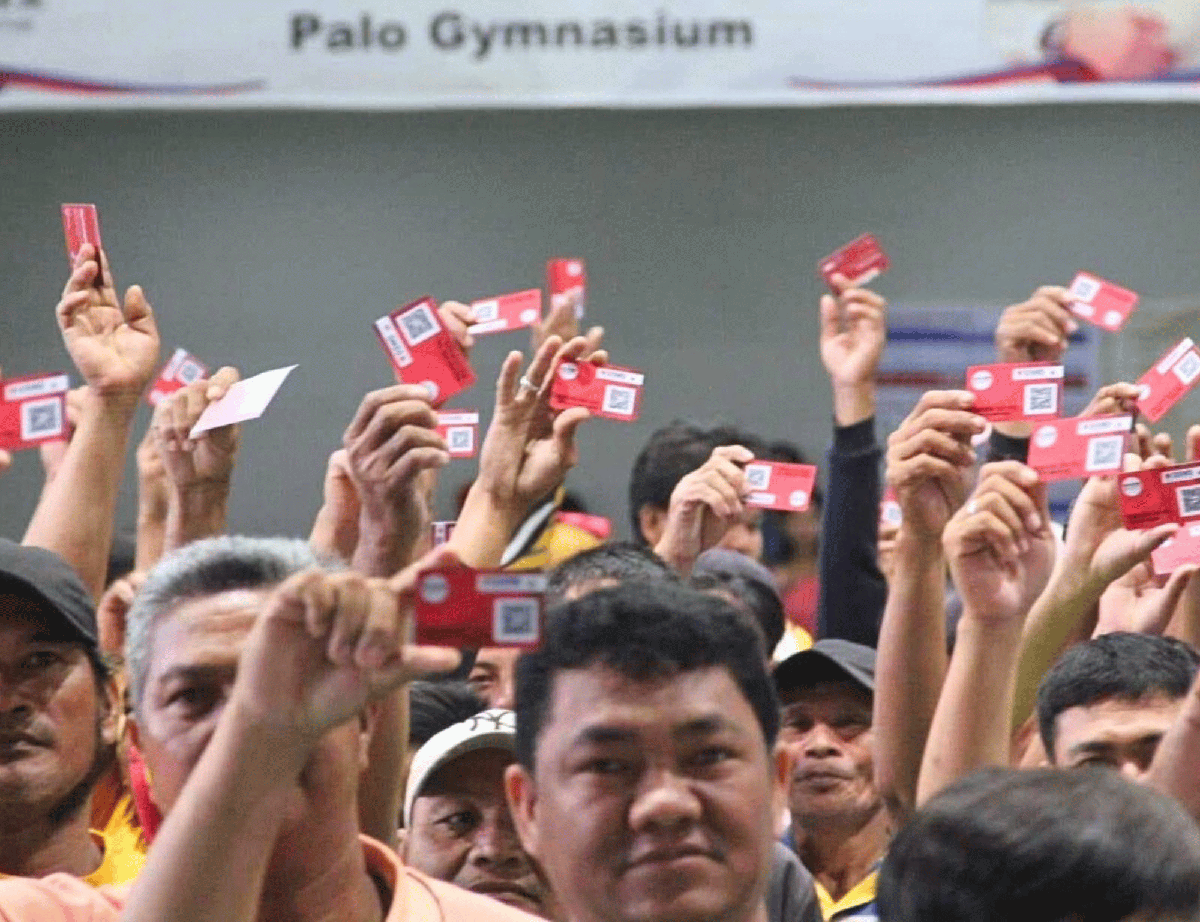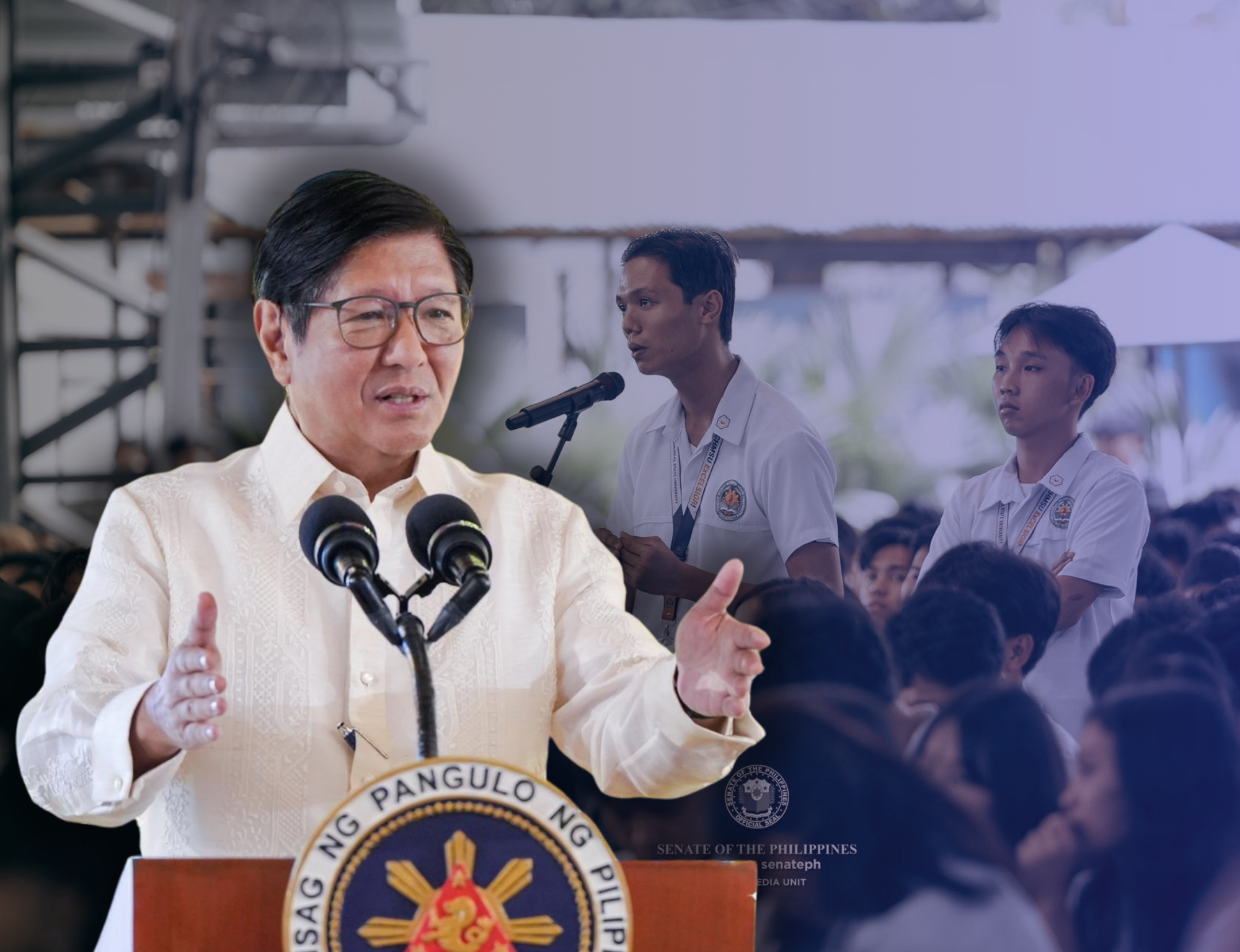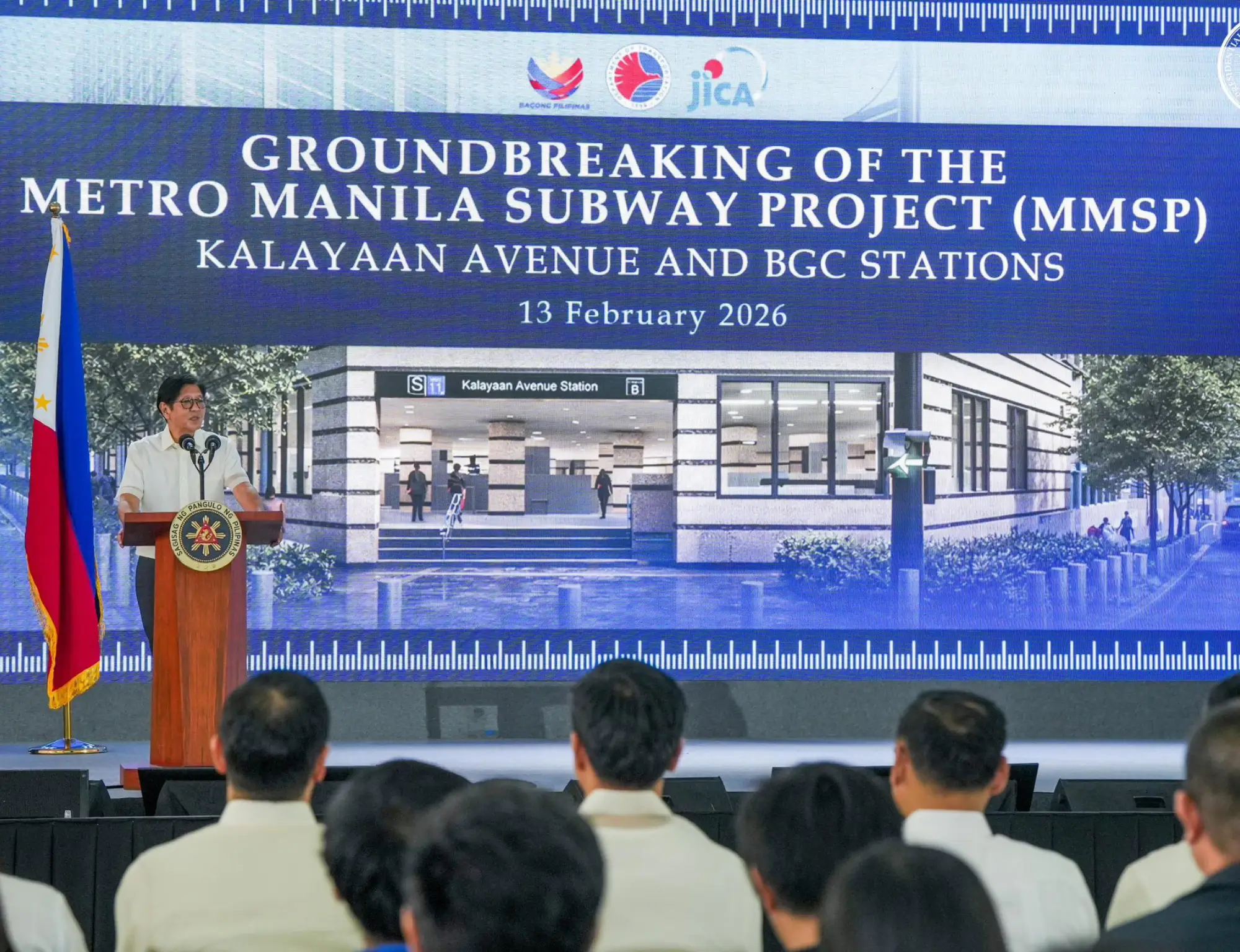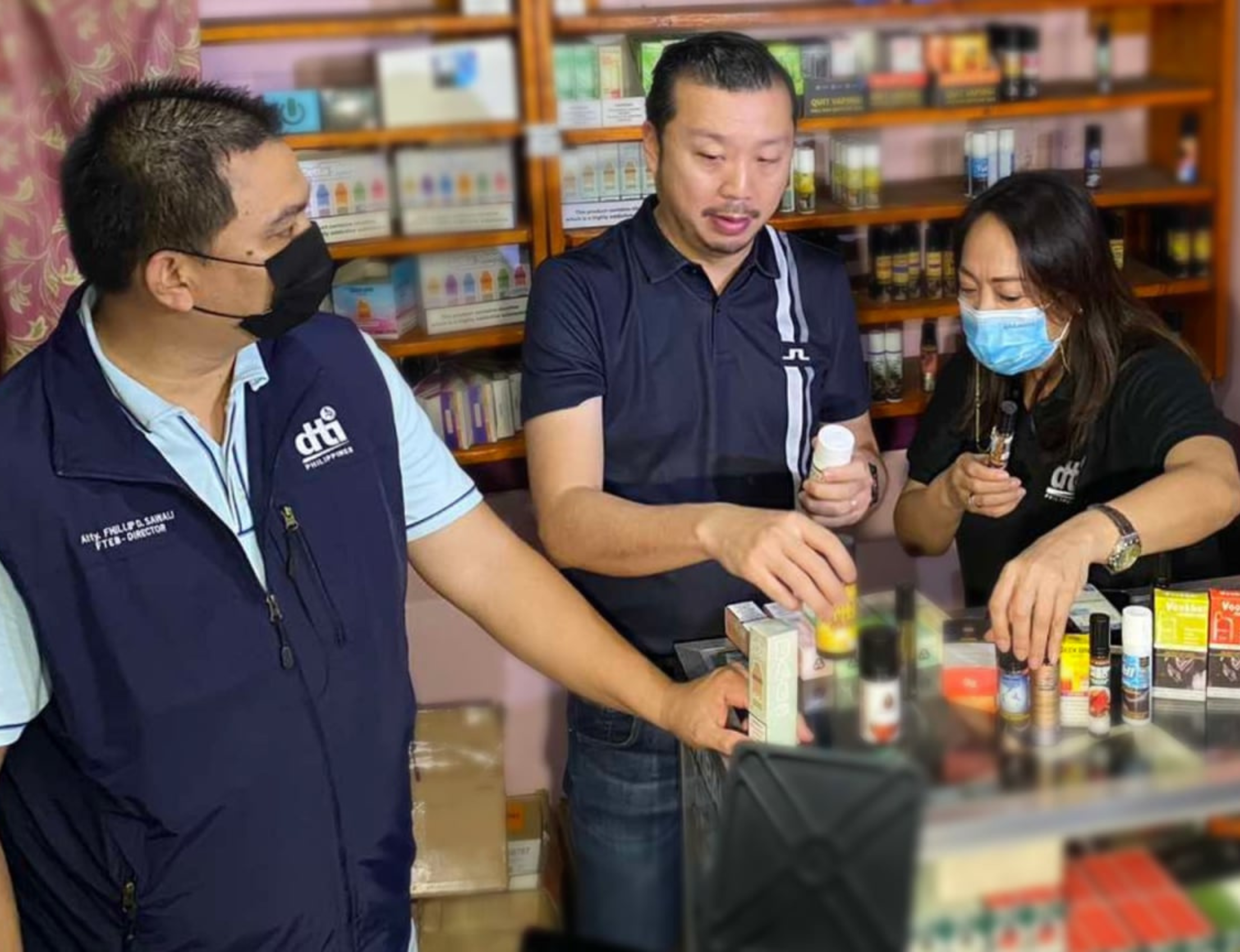
THE Philippines has seen an increase in the use of vapes or e-cigarettes among the youth in recent years despite the implementation of Republic Act 11900, or the Vaporized Nicotine and Non-Nicotine Products Regulation Act or Vape Regulation Act, which lapsed into law on July 25, 2022.
An electronic cigarette (e-cigarette), or vape, is a device that simulates tobacco smoking. It consists of an atomizer, a power source such as a battery, and a container such as a cartridge or tank. Instead of smoke, the user inhales vapor, thus the term “vape.”
The Vape Regulation law, among others, lays down government regulations on the “importation, sale, packaging, distribution, use and communication of vaporized nicotine and non-nicotine products and novel tobacco products,” such as electronic cigarettes (e-cigarettes) and heated tobacco products (HTPs).
It also aims to instill health consciousness among Filipinos by providing a balanced guideline that the public should adhere to, with the goal of reducing the harm of vaping and smoking.
THE E-CIGARETTE OR VAPE INDUSTRY
A report in Research and Markets, the world’s leading market research store, states that the Philippines e-cigarette and vape market is seen to reach US$345.6 million by 2030 and is anticipated to expand at a CAGR of 18.7 percent from 2024 to 2030.
The 2019 Global Youth Tobacco Survey (GYTS) estimated that 14.1 percent of students, or one (1) in seven (7), aged 13-15 are already using vaping devices. Data from the National Nutrition Survey in 2019 also indicated that 44 percent of vapers are non-smokers.
The growth of the industry has been prompted by a shift in Filipino consumer habits, with more individuals using e-cigarettes as an alternative to traditional tobacco products due to their relative affordability and accessibility. Most vaping devices are likewise made more attractive with the availability of a variety of flavors and deceptive marketing tactics, further captivating the interest of the young.
The trend, though, is not limited to the Philippines as there is a global shift to the use of e-cigarettes and vaping devices as the world moves towards smoke-free alternatives.
GOVERNMENT RESPONSE
Vaping has often been thought of as safer than cigarette smoking, but the use of e-cigarettes or vaping devices causes health problems, too. Health experts say that both vaping and smoking are addictive and bring potentially dangerous chemicals into the body. However, since vaping hasn’t been around long enough, it is still too soon to know what kind of long-term damage it would cause to users.
To regulate the prevalent use of vaping products among the youth, Congress approved the Vaping Regulation law, which became effective in June 2024, and named the Department of Trade and Industry (DTI) as the lead agency in implementing the landmark legislation. Complementary implementing roles were assigned to the Department of Health (DOH), Food and Drug Administration (FDA), Department of Social Welfare and Development (DSWD), Department of Education (DepEd), Bureau of Internal Revenue (BIR), and Local Government Units (LGUs).
One of the DTI’s first act was the formulation of the implementing rules and regulations (IRR) for the successful enforcement of the law, that was contained under Department Administrative Order (DAO) 22-16 series of 2022.
Subsequently, to ensure compliance with Philippine National Standards (PNS) and to support the implementation of Sections 18 and 19 of the law, the DTI, through its Bureau of Philippine Standards (BPS), issued the Technical Regulation for Vape and Heated Tobacco Products (HTP) and ordered the mandatory certification of all vape products, both locally made and imported, starting June 2024.
The PNS shall be used as reference in the inspection, verification, testing and certification of covered products to ensure that they will not cause harm such as fire, explosion, or injuries to users.
The IRR, among others, likewise required specifications for packaging labels and health warnings to be visible and with full graphic health warnings; set the minimum age for the sale and purchase of vape products to least 18 years old; restricted the sales and promotions of such products within 100 meters of the perimeters of any school, playground, or any other places frequented by minors; mandated establishments that offer, sell, or distribute e-cigarettes to have a statement in clear view of their customers informing the public that the sale of such products to or by persons under the age of 18 are illegal and harmful; and designated vaping areas and prohibited the use of vape products in public spaces such as schools and universities, enclosed spaces like elevators and stairwells, as well as buildings and premises of both public and private hospitals, medical, dental, and optical clinics, and other public areas where people congregate, such as churches, public transportation, conference halls, and restaurants.
ACCOMPLISHMENTS
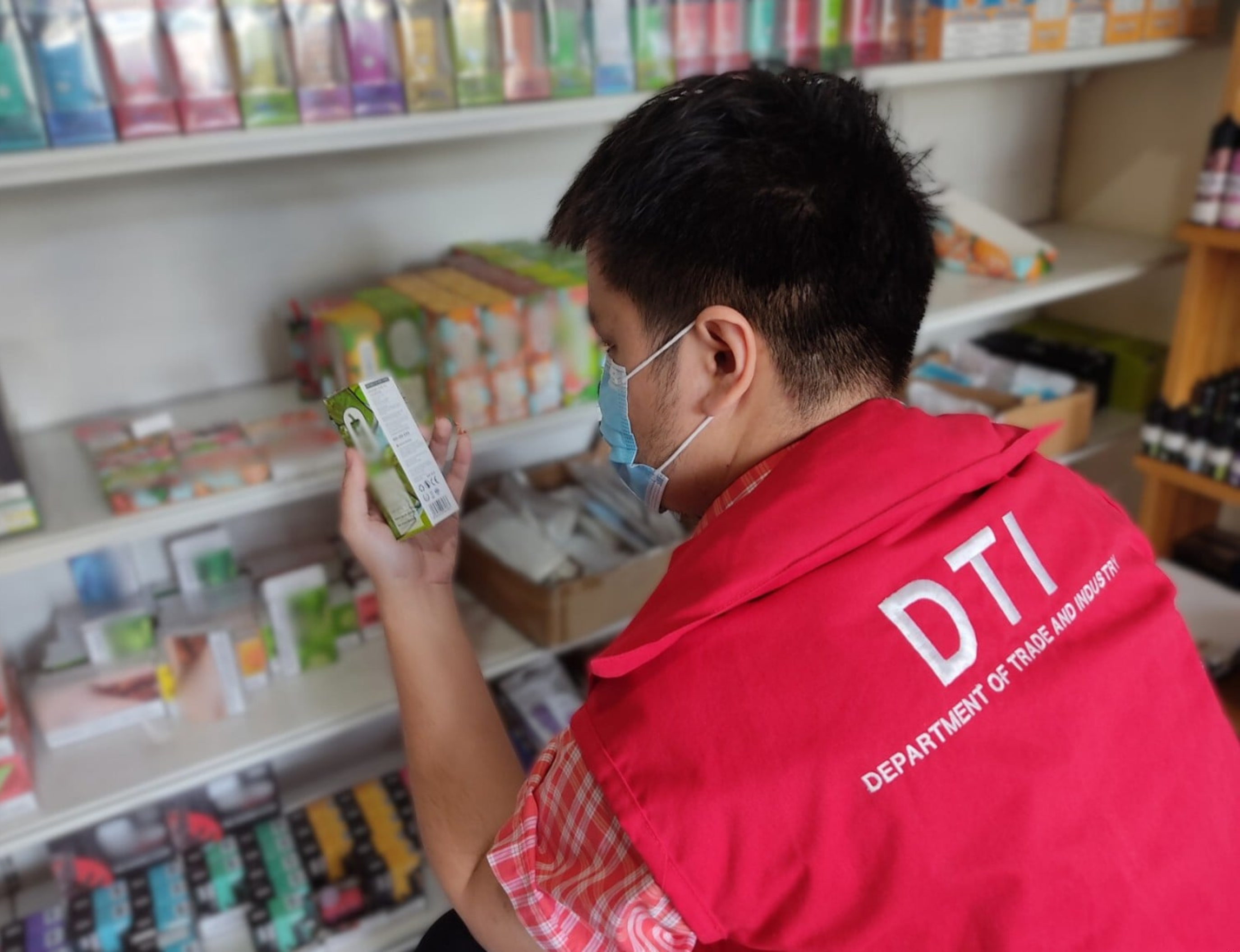
In March 2024, the DTI’s Fair Trade Enforcement Bureau (FTEB) suspended the sale, manufacturing, import, and distribution of Flava Corporation’s vape products for its alleged violations of the Vape Regulation Act, particularly product communication restrictions, including the use of flavor descriptors and celebrities.
In ordering Flava’s suspension, then DTI Secretary Fred Pascual said: “The DTI will not shirk from its responsibility of enforcing trade, industry, and consumer protection laws to help legitimate businesses and promote consumer protection.”
“This Order serves as a strong warning to manufacturers, importers, distributors, and retailers to not engage in illegal acts of trading illicit vapes and other violative products,” Pascual also said.
In May 2024, the DTI, in collaboration with the Philippine National Police (PNP), seized nearly P25 million worth of illegal vape products in Paranaque City.
The agency later in July suspended all online sale of vapor products on e-marketplaces in compliance with the law’s mandate to prevent minors from accessing vapor products, especially through online channels.
On August 16, 2024, the DTI established the Office for the Special Mandate on Vaporized Nicotine and Non-Nicotine Products (OSMV) and gave it the exclusive authority over vaporized nicotine and non-nicotine products, their devices, and novel tobacco products. This effectively transferred all related functions of the BPS, including product and warehouse registration, to the OSMV.
In September last year, the trade department, together with the Bureau of Internal Revenue (BIR), Bureau of Customs (BOC), and Philippine National Police (PNP), conducted operations in the cities of Pasay and Manila that resulted in the confiscation of vape products that violated the packaging requirements of RA 11900, and for violating the internal revenue fiscal marking requirement requiring all vape importers and manufacturers to affix internal revenue stamps on their products.
The DTI also filed formal charges against additional vape manufacturers of four (4) brands: Relx, Flare, Team X, and Funky Monkey for violating the internal revenue fiscal marking requirement of RA11900. The penalties for selling or trading of the suspended products included a fine of P2 million for the first offense, P4 million for the second offense, and P5 million and cancellation of licenses for the third offense.
Five more vape brands were taken off shelves in the Philippines also during the month of September for their alleged violation of the internal revenue fiscal marking requirements. The DTI suspended the trading of Shft & Dr Freeze, Aerogin & Don Bars, Chillax, Black Elite and Lost Mary products.
In October last year, 12 vape brands were again suspended due to non-compliant packaging. These are Nixx, Demon Vape, Steep N Drip, Snowplus, Instabar, Denkat, Geekbar, Vapengin, Wave (SirJack), Boss, Nevoks Bar and Uzoq.
The Bureau of Customs reported in November last year that P5.07 billion worth of e-cigarette items has been seized by government authorities in the first 10 months of 2024 as part of the ongoing efforts to crack down on smuggled vape products.
To further reinforce its commitment to fully enforce the law, the DTI amended the IRR of RA 11900 last November.
The updated IRR strengthens the functions of the DTI OSMV in assisting the industry in complying with regulations and standards. In addition, the OSMV was put in charge of reviewing and streamlining the technical regulations concerning the mandatory product certification of vaporized nicotine and non- nicotine products.
To date, nine (9) vape brands have received the Philippine Standard (PS) license. These are X-Vape, Tomoro, Vagend, Phantom Vape, RELX, One Bar, KLIQ, Truez and Don Bars. In addition to the vape brands, Philip Morris International (PMI)’s IQOS line-up is also certified: IQOS and Bonds by IQOS devices as well as Terea, Heets and Blends tobacco sticks.
The OSMV continues to call on merchants and businesses to prioritize consumer safety and industry sustainability by ensuring that their products fully comply with all applicable regulations. It said non-compliant products pose risks to the welfare of the public and hinder the long-term development of the industry. (End)
